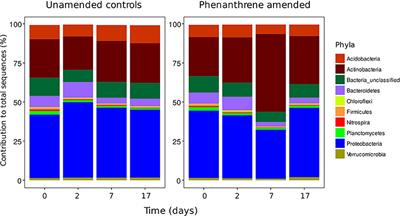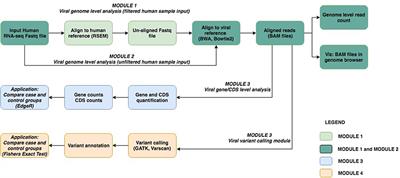EDITORIAL
Published on 12 Feb 2019
Editorial: Using Genomics, Metagenomics and Other “Omics” to Assess Valuable Microbial Ecosystem Services and Novel Biotechnological Applications
doi 10.3389/fmicb.2019.00151
- 5,242 views
- 34 citations
88k
Total downloads
417k
Total views and downloads
EDITORIAL
Published on 12 Feb 2019
ORIGINAL RESEARCH
Published on 21 Nov 2018

ORIGINAL RESEARCH
Published on 15 Aug 2018

ORIGINAL RESEARCH
Published on 28 Jun 2018

ORIGINAL RESEARCH
Published on 26 Jun 2018

ORIGINAL RESEARCH
Published on 07 Jun 2018

METHODS
Published on 05 Jun 2018

METHODS
Published on 25 May 2018

REVIEW
Published on 23 May 2018

ORIGINAL RESEARCH
Published on 15 May 2018

ORIGINAL RESEARCH
Published on 03 May 2018

ORIGINAL RESEARCH
Published on 30 Apr 2018

